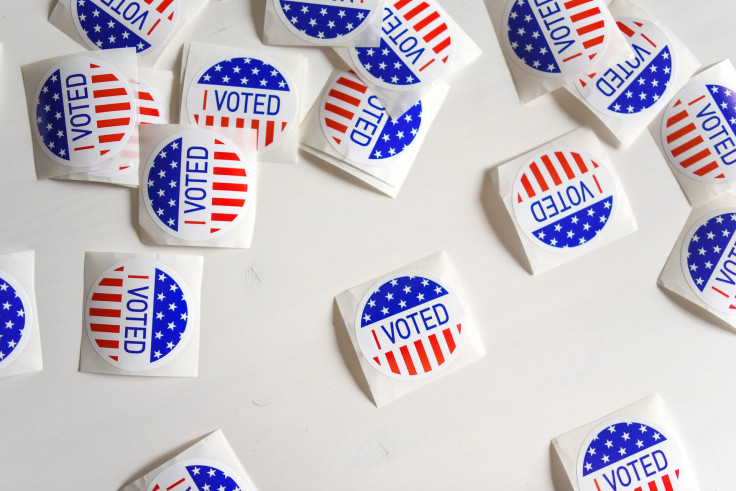Deepfakes Could Fuel 'Tsunami of Misinformation' In 2024 US Election, AI Expert Predicts
With AI tools producing convincing fakes in seconds, AI expert Oren Etzioni says he is "completely terrified" of how the 2024 US election is shaping up.

With deepfakes going mainstream and social media guardrails fading, a top artificial intelligence (AI) expert believes misinformation will be plaguing the upcoming US presidential elections.
Three years after a mob stormed the US Capitol, the false election conspiracy theory that triggered the unprecedented chaos and violence continues to poison minds and threaten future peace in the form of social media posts and cable news.
As if that weren't enough, experts are now warning that things are likely to get worse in the impending presidential elections in the United States.
This doesn't come as a surprise given that the safeguards that were designed to stop the spread of these bogus claims are gradually growing weak while the tools used to create and spread them are getting more powerful.
The use of AI in the US elections is inevitable.
— Lorenzo Green 〰️ (@mrgreen) March 20, 2023
The question is, how far will they go to get your vote?
- Deepfakes
- Hyper-personalized ads & content.
- Data mining.
- Psychological profiling.
- AI-generated fake news.
They already have access to personal data...
Thoughts? pic.twitter.com/7TOowFOBaF
Despite the lack of evidence, many supporters of former President Donald Trump continue to push the idea that elections in America can't be trusted.
According to a Fortune report, 57 per cent of Democrats claim Joe Biden was not legitimately elected president. To make things worse, generative AI tools have simplified the process of spreading this kind of misinformation.
For instance, it was recently found that Microsoft's AI chatbot Copilot generates wrong responses to US election-related queries. There are no prizes for guessing that this kind of misinformation can not only mislead voters but also influence elections.
Moreover, social media companies have deviated their focus from correcting the record. AI expert and professor emeritus at the University of Washington Oren Etzioni said: "I expect a tsunami of misinformation."
How AI-generated deep fakes could influence US elections?
"I hope to be proven wrong. But the ingredients are there, and I am completely terrified," he added. Although this is not the first time manipulated images and videos are expected to surface during an election, 2024 will be the first US presidential election in which advanced AI tools can be used to produce genuine-looking fake videos, audios and pictures known as deepfakes.
In fact, the use of deepfakes has already been spotted in some experimental presidential campaign ads. More menacing versions of such fabricated multimedia content could spread and mislead people ahead of the US election, Etzioni warned.
1/ 🚨⚠️ Beware of deepfakes! The Republican National Committee's use of #AI to create political ads is a warning of potential misuse of advanced technology in US elections. #politics #campaigning #TheWildWest pic.twitter.com/5tFJnRrkhQ
— Mark Matos (@MarkAMatos) April 29, 2023
"You could see a political candidate like President Biden being rushed to a hospital. You could see a candidate saying things that he or she never actually said," the AI expert added.
According to misinformation scholar Kathleen Hall Jamieson, everything humans have learned to do through evolution will play a key role in having us believe in the fake content rather than the actual reality.
The Federal Election Commission and Republicans and Democrats in Congress are understandably sparing no effort to monitor the technology. Regrettably, they have not introduced any rules or legislation yet.
Some states, on the other hand, have passed laws that require deep fakes to be labelled and ban those who misrepresent candidates.
© Copyright IBTimes 2024. All rights reserved.






